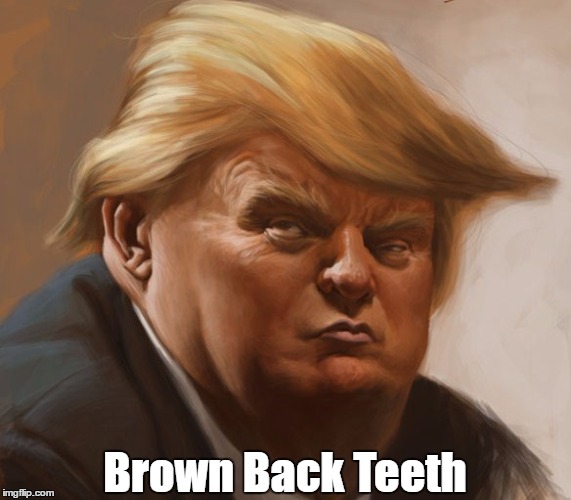
Compendium Of Pax Posts About Donald Trump
http://paxonbothhouses.

http://paxonbothhouses.
INTRODUCING A NEW SERIES: TRUMP AND THE TRUTH
Presidents lie, and their lies all too often end in disillusion, prosecution, or blood. To skim the greatest hits of American fabrication from the Oval Office is to shudder at the shameless gall of the speakers:
“The first atomic bomb was dropped on Hiroshima, a military base. That was because we wished in this first attack to avoid, in so far as possible, the killing of civilians.”“I’m not a crook.”“In spite of the wildly speculative and false stories of arms for hostages and alleged ransom payments, we did not—repeat, did not—trade weapons or anything else for hostages. Nor will we.”“Read my lips. No new taxes.”“I want you to listen to me. I’m going to say this again. I did not have sexual relations with that woman, Miss Lewinsky.”“We found the weapons of mass destruction. We found biological laboratories.”
No President has not lied, even Lincoln. Honest Abe once said, “I have no purpose, directly or indirectly, to interfere with the institution of slavery in the States where it exists. I believe I have no right to do so, and I have no inclination to do so.”
But sometimes there really is something new under the political sun. Donald Trump, the Republican nominee for President, does not so much struggle with the truth as strangle it altogether. He lies to avoid. He lies to inflame. He lies to promote and to preen. Sometimes he seems to lie just for the hell of it. He traffics in conspiracy theories that he cannot possibly believe and in grotesque promises that he cannot possibly fulfill. When found out, he changes the subject—or lies larger.
We are not alone in noticing this characteristic of Trump’s. It has been the central preoccupation of much of the decent journalism produced in the past year. Trump’s capacity for lying inspires equal parts awe and revulsion. Even journalists raised in the Nixon era cannot but be impressed. The accounting is revealing and requires updating on a daily basis. Fact-checking sites such asPolitifact have focussed an intelligent lens on Trump, and so have many excellent reporters from the Washington Post and the New York Times.
Trump himself is perfectly aware of his habits of mind. In “The Art of the Deal,” a book he claims to have written but did not, he cops to being a master of “truthful hyperbole”:
You have to understand where I was coming from. While there are certainly honorable people in the real-estate business, I was more accustomed to the sort of people with whom you don’t want to waste the effort of a handshake because you know it’s meaningless.
Those sentences, like all the other sentences in “The Art of the Deal,” were ghostwritten by Tony Schwartz, who recently, in these pages, denounced Trump as pathologically unfamiliar with the notion of truth. “Lying is second nature to him,” Schwartz told Jane Mayer. “More than anyone else I have ever met, Trump has the ability to convince himself that whatever he is saying at any given moment is true, or sort of true, or at least ought to be true.”
In recent weeks, reporters and the fact-checking department at The New Yorker have put their efforts into a series of reported essays about Trump and lying. No one here is suggesting that Trump is the only politician ever to unleash a whopper. In fact, Hillary Clinton has had her bald-faced moments—moments that are too kindly described as “lawyerly.” But, in the scale and in the depth of his lying, Donald Trump is in another category; this effort, which begins withEyal Press’s essay on Trump and immigration and will continue every week through the election, is by way of keeping track of a record that appears to know no bounds, and certainly no shame.
No comments:
Post a Comment